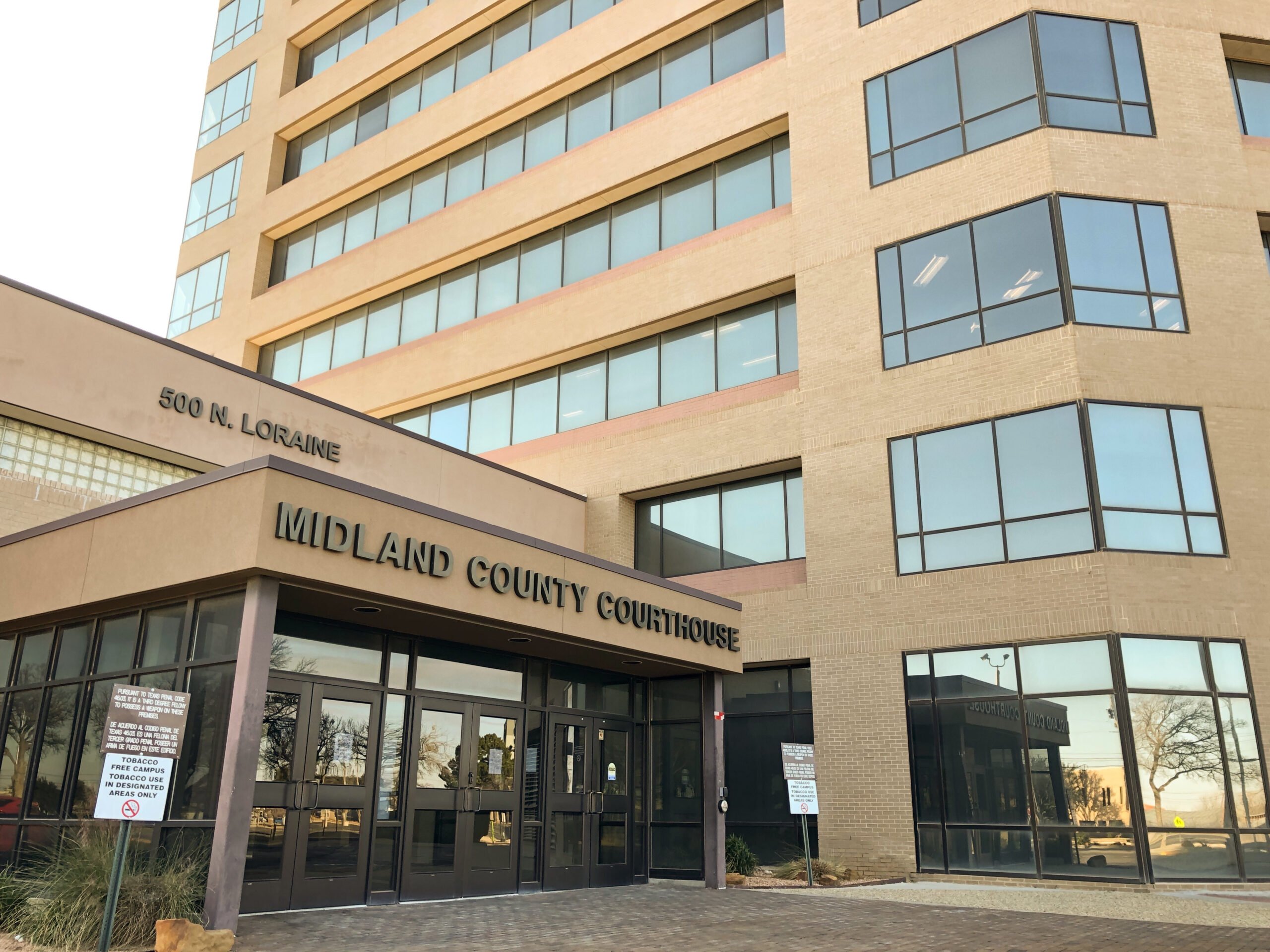Blaming the Whistleblowers
NULL

In early April, two nurses in a far West Texas town decided they’d had enough of allegedly unethical practices by a doctor at their county hospital. They sent a letter to the Texas Medical Board, the state agency that oversees physicians, outlining the doctor’s questionable activities and requesting an investigation.
Four months later, the two nurses find themselves on trial, facing criminal indictments in state court. It’s one of the most unusual, and suspicious, prosecutions you’ll ever see. The two whistleblowers, Anne Mitchell and Vicki Galle, worked at Winkler County Memorial Hospital in Kermit, a town of 5,000 near the New Mexico state line. Their main allegation is that Dr. Rolando Arafiles encouraged patients to buy herbal medicine he sold through a side business.
After the medical board told Arafiles he might be under investigation, the doctor complained about the nurses to Winkler County Sheriff Robert Roberts, who began an inquiry. The sheriff is a friend and former patient of Arafiles, according to testimony at a preliminary court hearing in early August. They were once in business together—selling herbal medicine.
The district attorney indicted the nurses for violating an obscure law barring the use of government information that’s not public for nongovernmental purposes. Because the nurses worked at a public hospital, prosecutors allege, the patient names were government information. By disclosing the names to the medical board, they say, the nurses used the information for a “nongovernmental” purpose.
Mitchell, who had been a registered nurse for more than 20 years, and Galle, also an experienced nurse, were fired.
The folks at the Texas Medical Board have never seen anything like it. Mari Robinson, the agency’s executive director, wouldn’t comment specifically on the Arafiles case, but said the board receives roughly 6,000 complaints a year, and that they typically include patient names. (The board uses the information for investigations only and is forbidden from making them public.) She did note that complaints to medical oversight agencies are specifically exempted from the privacy provisions in the federal Health Insurance Portability and Accountability Act. She said providing information to the Texas board, a government agency, is not a nongovernmental action.
Attorneys for Mitchell and Galle are trying to quash the indictments. A state district judge is considering their pretrial motion to dismiss the case, and is expected to rule in the next few weeks.
Meanwhile, nurse advocacy groups have jumped on the case as an example of why nurses need greater whistleblower protections. A bill that would have prevented Mitchell’s and Galle’s firings died in the state Legislature this spring. “Part of our mission is to protect and serve,” said Austin nurse Gwen Agbatekwe, who traveled to Kermit for the recent court hearing on behalf of the National Nurses Organizing Committee. “If we report something, we should not be afraid of what could happen. We’re not blowing the whistle for nothing.”


